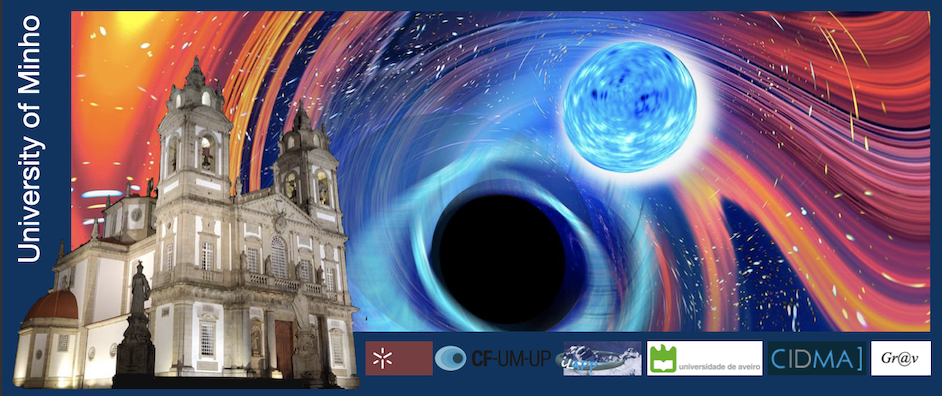Speaker
Description
Searching for gravitational waves from compact binary coalescence (CBC) is performed by matched filtering the observed strain data from gravitational-wave observatories against a discrete set of waveform templates designed to accurately approximate the expected gravitational-wave signal, and are chosen to efficiently cover a target search region. The computational cost of matched filtering scales with both the number of templates required to cover a parameter space and the in-band duration of the waveform. Both of these factors increase in difficulty as the current observatories improve in sensitivity, especially at low frequencies, and may pose challenges for third-generation observatories. Reducing the cost of matched filtering would make searches of future detector’s data more tractable. In addition, it would be easier to conduct searches that incorporate the effects of eccentricity, precession or target light sources (e.g., subsolar). We present a hierarchical scheme based on a reduced basis method to decrease the computational cost of conducting a matched-filter based search. Compared to the current methods, we estimate without any loss in sensitivity, a speedup by a factor of ∼10 for sources with signal-to-noise ratio (SNR) of at least =6.0, and a factor of ∼6 for SNR of at least 5. Our method is dominated by linear operations which are highly parallelizable. Therefore, we implement our algorithm using graphical processing units (GPUs) and evaluate commercially motivated metrics to demonstrate the efficiency of GPUs in CBC searches. Our scheme can be extended to generic CBC searches and allows for efficient matched filtering using GPUs.
| Which topic best fits your talk? | Modelling and Machine Learning Algorithms |
|---|
